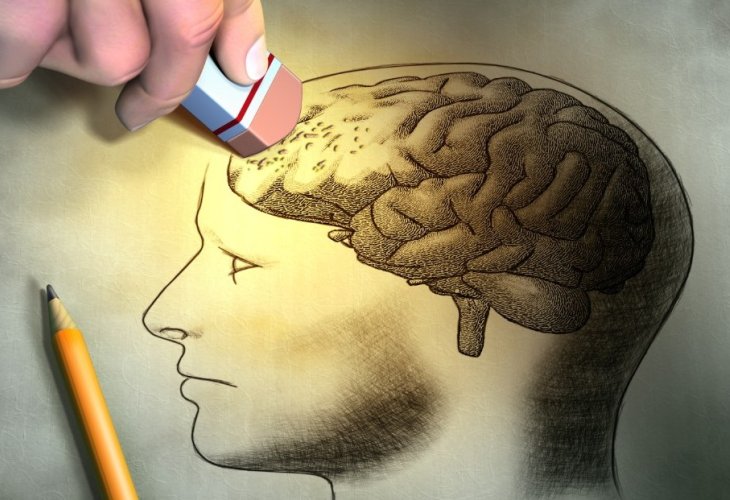Do You Triple-Check the Door Every Night? Here's What Science Says
For some people, the certainty about everyday actions like locking the door or turning off the stove is elusive. If you thought this was just a temporary lapse, a new study unveils intriguing insights.
 (Illustrative photo: shutterstock)
(Illustrative photo: shutterstock)Researchers from Concordia University in Montreal, Canada, have conducted a study suggesting that the fear of losing control might drive repetitive checking behaviors. They argue this can be a central feature of anxiety disorders, such as OCD.
"We've shown that people who believe they are about to lose control are more likely to exhibit 'checking' behavior more frequently," wrote Adam Radomsky, one of the study's researchers.
Following these findings, the researchers hope they can develop more effective treatments for OCD and other anxiety disorders: "When we treat OCD in the clinic, we can attempt to reduce the patient's belief that they are losing control, which should alleviate their symptoms," he explained.
The study involved 133 participants along with Radomsky and his colleague, Jean-Philippe Gagné. The participants were students, possessing similar demographic characteristics. They underwent an EEG test, recording their brain activity. According to Radomsky: "Some were given false feedback about whether they were at low or high risk of losing control over their thoughts and actions."
Once researchers convinced the participants about their control status or lack thereof, they were asked to perform a computer task requiring them to "control the timing of images" by getting them to disappear before they disappeared on their own. The participants were not informed that they didn't actually control the images, as they were programmed to appear and disappear at different speeds.
Participants were instructed to use various key combinations to control the images, pressing the space bar to confirm the action. Researchers, Radomsky and Gagné, found those who believed they were at high risk of losing control exhibited much more meticulous checking behavior compared to those told they were in complete control.
The findings surprised the researchers, as none of the participants identified as suffering from OCD. According to the researchers, this indicates that the fear of losing control is a foundation for many anxiety disorder symptoms.
The findings confirmed the researchers' hypothesis that: "People's fears and beliefs about losing control might put them at risk of various problems like panic disorder, social anxiety, OCD, post-traumatic stress disorder, generalized anxiety disorder, and more."
As Radomsky stated: "This study has the potential to significantly enhance our ability to understand and treat a wide variety of anxiety-related issues."
So next time you can't remember if you turned off the stove, try to focus and prevent absent-mindedness from developing into an anxiety disorder.
Struggling with depression, anxiety, or a low mental state? Contact the "Nefshi Beshivoli" department at Hidabroot. For advice call 073-3333331 or email anat@htv.co.il

